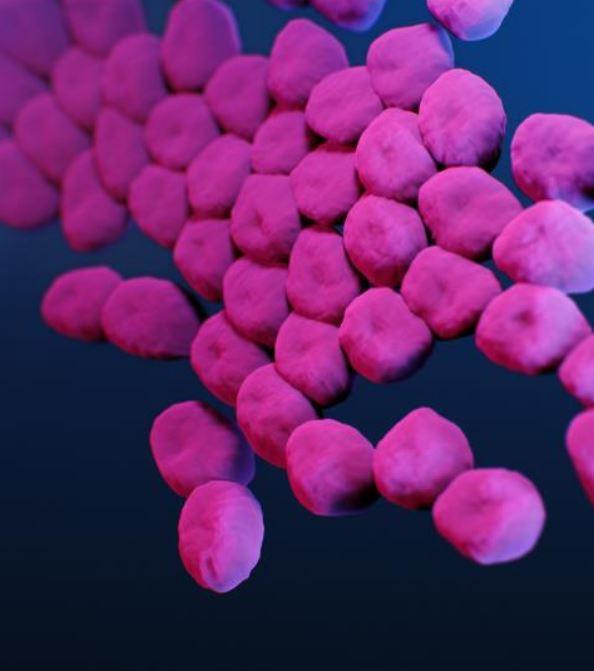A new study by Chinese and British researchers suggests that a virulent strain of carbapenem-resistant Acinetobacter baumannii (CRAB) could be spreading widely across Asia and beyond.
The study, published late last week in Nature Communications, describes a 3-month longitudinal genomic study conducted in 2021 by researchers from Zhejiang University School of Medicine and the University of Birmingham in a 28-bed intensive care unit (ICU) in Hangzhou, China. The study was a follow-up to a similar study conducted in the same ICU in 2019, which found that nearly a third of the ICU patients were infected with CRAB, primarily by representatives of global clone 2 (GC2), one of the two strains that account for most CRAB globally.
Because of its high levels of antibiotic resistance, limited treatment options, and ability to persist in hospital environments and cause severe and deadly infections in critically ill patients, CRAB is considered a priority pathogen by the World Health Organization. The findings from the initial study led to the development and implementation of CRAB-focused infection prevention and control (IPC) interventions in the ICU in September 2020.
"Once introduced, the suite of interventions targeted ICU patients, the ICU environment (including equipment and sinks), and ICU staff," the study authors wrote.
A change in the CRAB population
In the follow-up study, researchers performed whole-genome sequencing (WGS) on 518 A baumannii samples collected from the ICU environment and patients. Their aim was to evaluate how the CRAB population in the ICU had developed in response to the IPC interventions.
They found that 80.9% of the A baumannii isolates were CRAB, but with higher-level resistance to carbapenems. Furthermore, WGS revealed that the proportion of GC2 isolates fell from 99.5% in 2019 to 50.9%.
The remaining CRAB isolates belonged to highly clonal sequence type (ST)164, a strain that was not present in the initial study. The ST164 isolates carried five acquired antibiotic-resistance genes (including two carbapenemase genes), had twice the levels of carbapenem resistance as GC2 isolates, and had been evolving in the ICU since mid-2020.
The researchers observed 10 clear instances in which patients were A baumannii–negative on admission to the ICU and acquired ST164 from the ICU environment or other patients.
Likely widespread in Asia
A comparison of ST164 isolates from the ICU with publicly available ST164 genomes collected from 26 countries on 5 continents suggests the strain has acquired carbapenem resistance on multiple independent occasions and is spread widely in Asia—primarily in China and Thailand.
The authors of the study say that while the ST164 strain caused fewer infections in ICU patients than GC2, the high levels of antibiotic resistance, which may be related to high rates of antibiotic use in China in the first year of the COVID-19 pandemic, indicate the need for careful monitoring.
"We believe that ST164 is becoming established in ICU settings and may be spreading widely across Asia," study co-author Alan McNally, BSc, PhD, a professor of microbial genomics at the University of Birmingham, said in a university press release. "Ongoing IPC measures are vital for controlling these bacteria's spread within hospitals and further research needed to understand how these strains evolve in hospital environments."






















